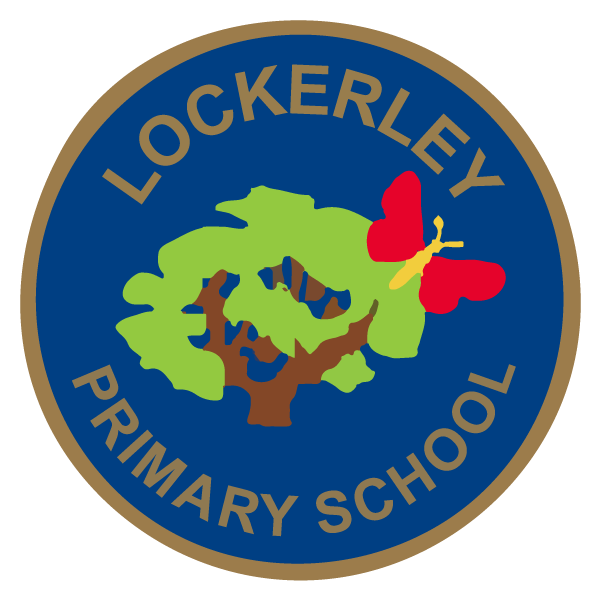Science
Science Curriculum Intent
Vision
Our curriculum at Lockerley Primary School encompasses the following aims to meet the needs of our children and the Science curriculum is a vehicle to bring these aims to life:
ACTIVE - Use scientific enquiry to ask questions and carry out investigations, challenging and inspiring the children to find out more about the world.
EXPERIENCES - A wide range of experiments that engage awe and wonder, encouraging the children to look closely and develop their knowledge and understanding, making links to other concepts.
DIVERSITY - Ensuring children are exposed to a wider range of thinking and are able to use their own knowledge and understanding of the world to make their own reasoned explanations.
PURPOSE - Making meaningful learning is central to our teaching. Learning journeys are made clear to the children with an outcome we are working towards and the steps along the way. We have developed ‘real life’ opportunities for children to share their work and the children are encouraged to lead their own lines of scientific enquiry.
Science Curriculum Implementation
EYFS
In year R the children learn about Science through the EYFS subject, Understanding the World. During their Discovery Time children are faced with problem solving and investigative activities to enable them to learn about the world around them. The children make their own observations of change through discussions and exploration of their local environment.
Y1-6
Science learning is carefully mapped and builds on previous learning. It is a mixture of discretely taught units and some cross-curricular links. Science is taught throughout the school year. It is allocated one hour per week for in-depth study in KS1 and for an hour and a half in KS2.
The use of an enquiry based approach, including how to ask, investigate and answer questions, alongside the teaching of knowledge provides rich opportunities for collaborative working and for children to show resilience as science is as much about finding out what does not work as what does. A systematic and organised way of thinking and working comes from an involvement in investigative and enquiry based work. The practical investigational work involves children choosing equipment, making predictions, testing hypotheses and drawing conclusions. These activities will lead to an increased understanding of fair testing and variables and are transferable learning skills across other subjects.
In each year group the children complete a separate Longitudinal Study to continue to develop their understanding of the environment. There are also variety of science focused school trips including visiting zoos, farms and Winchester Science Centre & Planetarium. Our fantastic school grounds are also utilised as much as possible to support learning. Each year the school has ‘Science Day’ where all children have the opportunity to experiment and investigate new realms of science which may not have been covered throughout the year.
We also strongly believe that within our curriculum skills should be developed alongside knowledge. Therefore we have a set of core skills at the centre of our curriculum which underpin everything we do. These build progressively as the children move through the school.
- To seek out and enjoy challenges
- To ask questions to extend thinking
- To collaborate with others
- To overcome barriers by trying out alternative and adapting or developing ideas
- To assess themselves and others
- To show commitment and perseverance
- To connect ideas and experiences in different ways
- To generate ideas and explore possibilities.
Science Curriculum Impact
Assessments are made by the teachers continuously and used to plan subsequent lessons. Seesaw and floorbooks are used within EYFS and KS1 to record observations and assessments. This shares learning with parents and we encourage parents to share learning from home through this platform. Live marking within lessons drives immediate feedback and adaptations to learning. If feedback is given after the lesson, children are expected to respond to the marking during the following session. Teachers track individual progress on assessment sheets which identify children not achieving Age Related Expectations and those exceeding them. This provides information for the pitch of teaching in the next Science unit, and highlights areas that could be covered during the other terms where appropriate.





















